As far as office rides go this one takes the cup. The fibre boat crested every wave at somersault angles and landed with emphatic thuds, each a sledgehammer blow from below deck. I sat close to the helm – it is smoother toward the aft, where the rest of the crew were – where I was installed prior to the launch. If I attempted to move back now from fore I might have to swim ashore – a skill which required some ardent brushing up. Some months ago, failing to free-float in a medium-size pool dressed in trunks and water goggles, the trainer had blamed my age for all-round stiffness. I remarked dourly it was the weight training.
The waves abated once we reached the open sea. However, the undercurrents were still strong which made following fish difficult. LED lights were lit on the smaller boats that were tugged along by the bigger ones – the ones we were on – to lure catch. Now it was time to wait. Multi-tiered steel canisters carrying dinner were opened. Despite earnest offers from everyone on board for a share of their rice, raw banana curry, curd, and pickle and of course flaming-red fish curry, I stuck with my pack of Good Day biscuits. I didn’t want heavy food to prompt puking which many said I’d – as a city slicker – succumb to out here. Throwing up per se was alright but it was the dehydration that followed which was dangerous – even death being a possibility.
“There is an overpowering stench out there – of rotting offal and living fish. All this compounded by the saltiness of the sea breeze.” Robert Pushparajan apprised me on potential barf-inducers the previous evening which was New Year eve. I was with a local contact seeking a quiet corner to imbibe some revelry. Robert held a master degree and a prominent post with the local wing of the ruling dispensation. Though his father lost a crucial finger in a sea-faring incident Robert had decided long ago that he’d resist the sea, come what may. He’d still been out there ‘four or five times’ which was more than me.
I didn’t smell any rot. Or maybe I did but didn’t notice. I was enamoured by all the men around me – their agility and dexterity, their dignity and courage, their humour in the face of odds. I decided for the umpteenth time that night: fishing must be the most unremarkable profession involving the most spectacular skills. And no, I didn’t puke – something which Robert and Anto, Roy and Sister Sheena and the lovable harridan who told me about the legend of the toppling statue in the local church didn’t believe. Heck, by morning I was even standing in the moving boat – a matter I am rightfully proud of.
Not just the guys on board my own craft but those passing by too enquired after my well-being and proffered more food. I remembered what a priest from a nearby parish told me earlier that day: “These guys are very rough on the outside, where you can see them. But go a little deep they are calm and caring. Just like the sea.” That night as I lay down with the rest on the boards between removable thwarts, someone explained the constellations and navigation in the absence of expensive GPS which the fishermen of the neighbouring, more prosperous Thoothoor in Tamil Nadu had access to. Global warming was still unheard of, but its consequences were everywhere – had been there forever. Dwindling marine life, rising ocean levels, water current anomalies – had all made sporadic forays into their lives, at times with cataclysmic results too, ever since they can remember.
“It is excessive trawling that has primarily affected fishing,” said Robert, son of Michel Pillai, who owned the array of boats which I was on. “Some of the so-called modern methods kill the larvae before they can even hatch. These should be banned by law.”
A mobile phone placed inside a transparent plastic box shone an incoming call: one light-carrying boat had spotted fish. Sheets were tossed away and betel nuts lobbed into stained mouths. The choicest profanities were bandied about how those on the ‘maram’ (the small boats) just wanted to ensure those on the boats didn’t sleep. Lungis were ripped off and tucked into a lidded box next to the gunwale by the stern. Most stood in their underwear, hands folded behind their backs, legs swaying like muscle pistons as the boat swung against the choppy sea.
Time for work.
Dog in the water
After resting the next day I resumed my walk through the coastal Karumkulam panchayat – among the most densely populated in Trivandrum.
“Be careful about dogs. These are man-eating ones.” The nuns in the convent warned where I had stayed the night. I had heard about the national headline grabbing stray dog menace of Kerala but canines with cannibalistic inclinations were dismissed as slightly overwrought. Guess inflamed cautions were a universal mother thing. My own included. Passing through Karumkulam area you’d wonder ‘where is the space?’ – every available yard landward of the coastal lane cum seawall was inhabited. Steady encroachments were undertaken seaside as well ostensibly to dry fish and by panchayat-built sangham offices where wholesale trading of fish took place. But the nuns were right – the dogs had just a few months earlier mauled to death a 65-year-old lady right on the beach.
Karumkulam, home to some 2000 families, was declared a ‘problem panchayat’ in 2012 by the then rural development minister Jairam Ramesh. The loose sand made toilets with septic tanks difficult. Contracts to build bio toilets were awarded but most obviously still resort to open defecation – partly by habit and mostly due to lack of access. Definitely Silu amma, the dead woman, didn’t have access to one. Prime Minister Modi lamented about the dismal state of affairs where women had to defecate in the open in his maiden Independence Day address. How long for his pet Swachh Bharat Mission to take note?
Further making the beach a haven for stray dogs was the practice of dumping waste into the sea – which the sea merrily deposited back. The panchayat committee met the chief minister Pinarayi Vijayan for state government aid in setting up garbage treatment and biogas plants and allocated funds. But any action on the ground is yet to. I met Wilson, an eight or ten-year-old, who pulled a spliced jerrycan with all the abandon of a play cart and deposited waste from his father’s shop into the sea. A budding ecological disaster. Cannot blame them – they don’t have an option. The only stretches of clean beach were those fronting swank resorts – from Adimalathura onward. Rocky promontories stretched from Chowara Hill till the underway harbour in Vizhinjam.
Passing through a deserted stretch connecting Karumkulam and Adimalathura, two men, Wilfred and Peter, accosted me. I primed myself for ‘stuff’ and sundry other offers. But they only wanted to warn me about the stray dog menace telling me about the unfortunate Silu amma.
“Once they taste human flesh, they are hooked,” said one of them. “Since the death, there have been not less than 300 instances of stray dog attacks in this area alone.”
I showed them my hiking pole: would it be of any use to ward a pack off?
They shook their head.
“The only way to escape would be by jumping into the sea.”
Well, yelp.




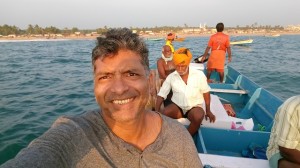



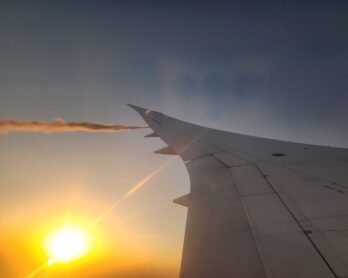
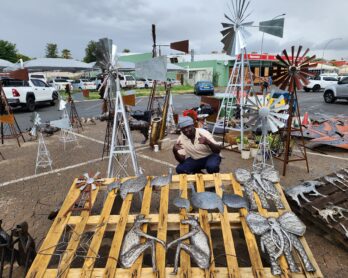



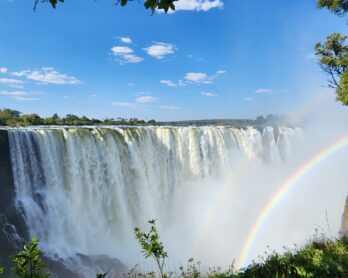
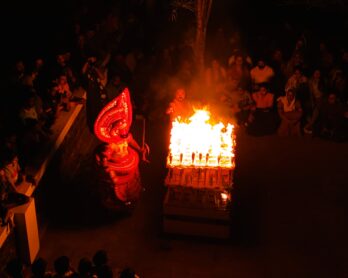

Different and interesting write up. Liked the idea.
Glad you liked it.
Hello Guys…
Nice blog.. Good job.. Thank you so much for the information. It’s a great post…I love travelling and want to travel all over the world. Explore new places, adventurous things and many more. And photographs are just amazing. Keep writing !!!
Its just me, one guy… :)) Thank you for stopping by. And keep moving, you!
Anyway glad that you had a great time in the beaches of Kerala.Had read about Silu Amma earlier. Sad story.
Hope the govt and NGOs take note of the situation and act fast. Where’s Swachh Bharat Abhiyan!!
Nice blog,everything true,and also some tourist places in kerala there..
Thank you Selva.
Hi there
This was an interesting article to read. Well written.
Keep writing!!
Thank you! Thank you! #Bow